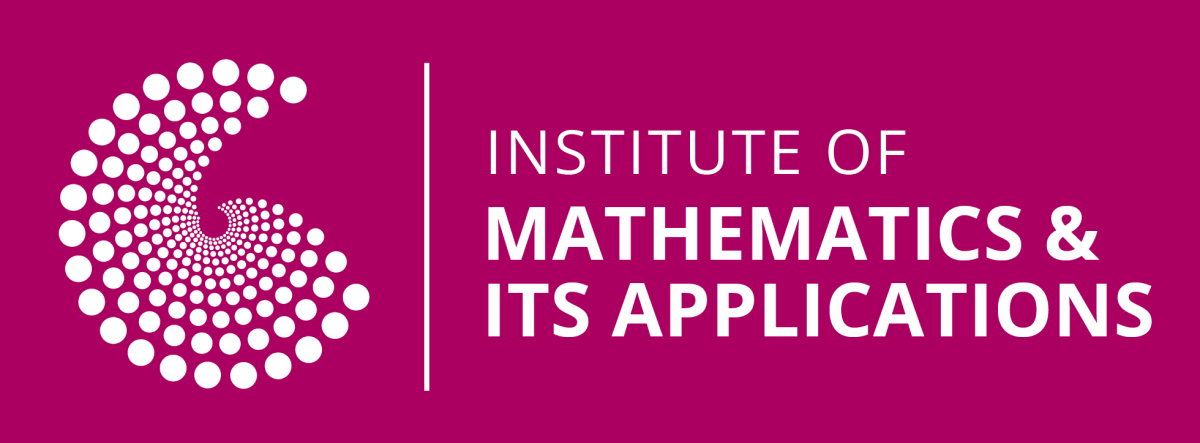IMA National Celebration of the Best Maths Project 2025
Talks by the winner and runner up of the 2025 National Best Maths Project Competition
Details
When? Wednesday 10 December 2025, 16:00 to 17:00
Where? Online via Zoom
Rebecca Sheppard (University of Liverpool) and Rebecca Maver (University of Manchester) were awarded first and second place respectively, and will deliver talks based on their respective projects.
Abstracts
Not Your Usual Circle: Geometry on the Integer Grid
Finite Difference Methods for Solving Convection-Diffusion Equations
Rebecca Maver (University of Manchester)
Abstract: Convection-diffusion equations are a type of partial differential equation which describes the progression of important physical processes, such as the distribution of heat in a convective wind or the movement of gas particles. As with many partial differential equations, analytical solutions are often complex or unavailable. The implementation of numerical methods is, therefore, crucial. This project is an introduction to applying the technique of finite differences to convection-diffusion equations and how one analyses their performance through classical notions of consistency, stability and convergence. The second half will also derive, implement and analyse various time-stepping schemes used in conjunction with finite difference methods to investigate the behaviour of convection-diffusion equations through time. The implicit Euler, Crank-Nicolson and semi-implicit methods will be used, in particular. The scope of problems tackled begins with steady, one-dimensional equations with known exact solutions, culminating in the time-dependent, two-dimensional double glazing problem, which can only be solved by numerical means.
